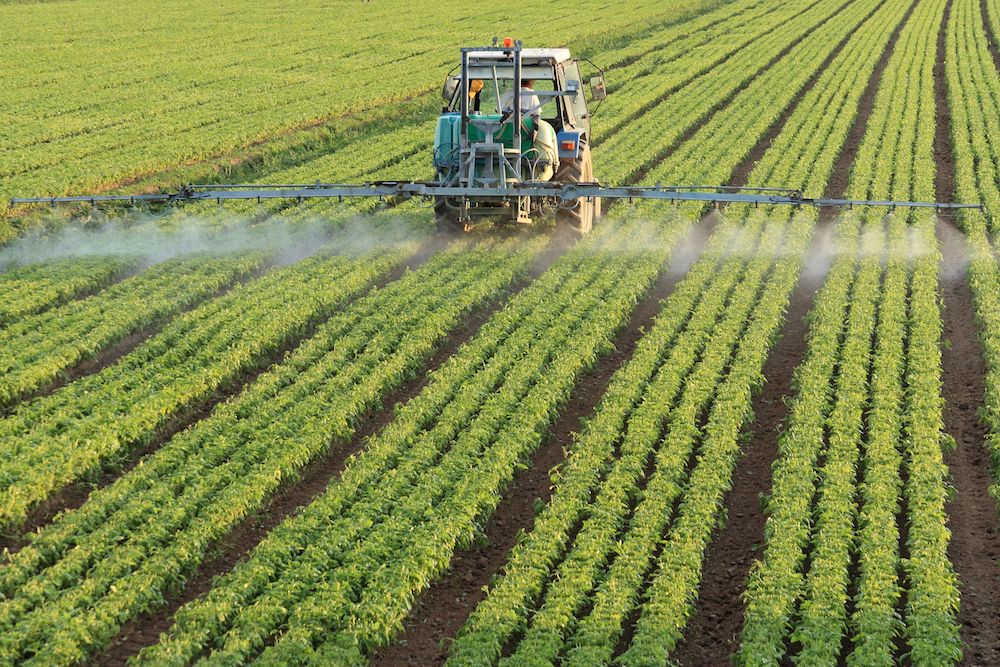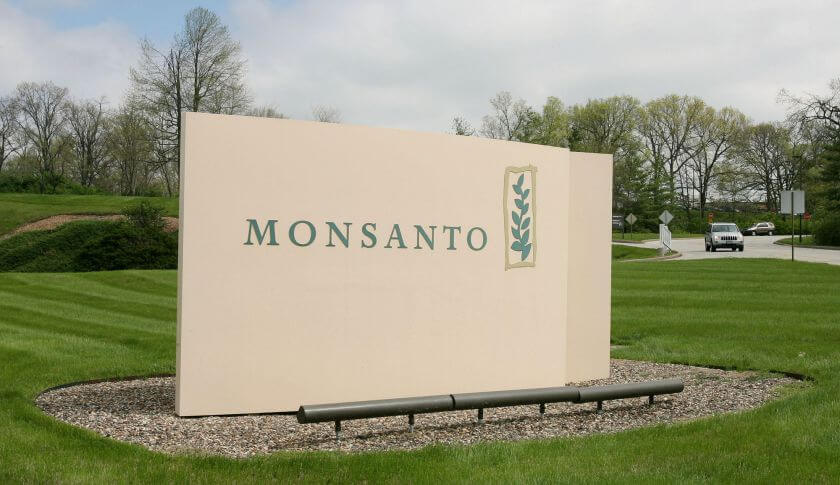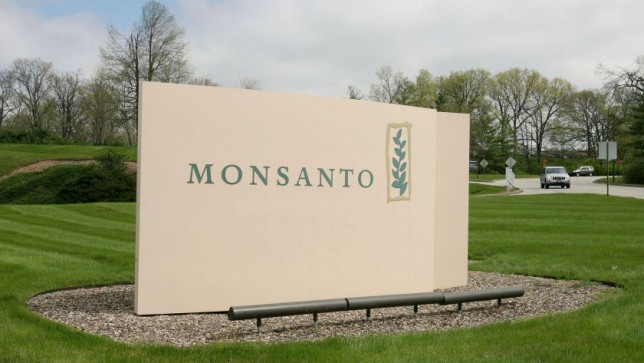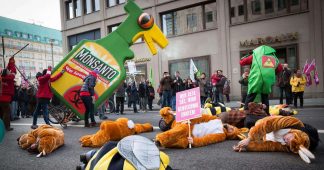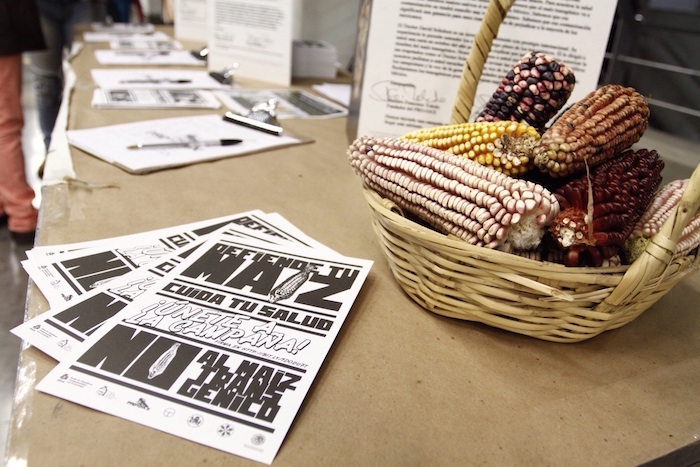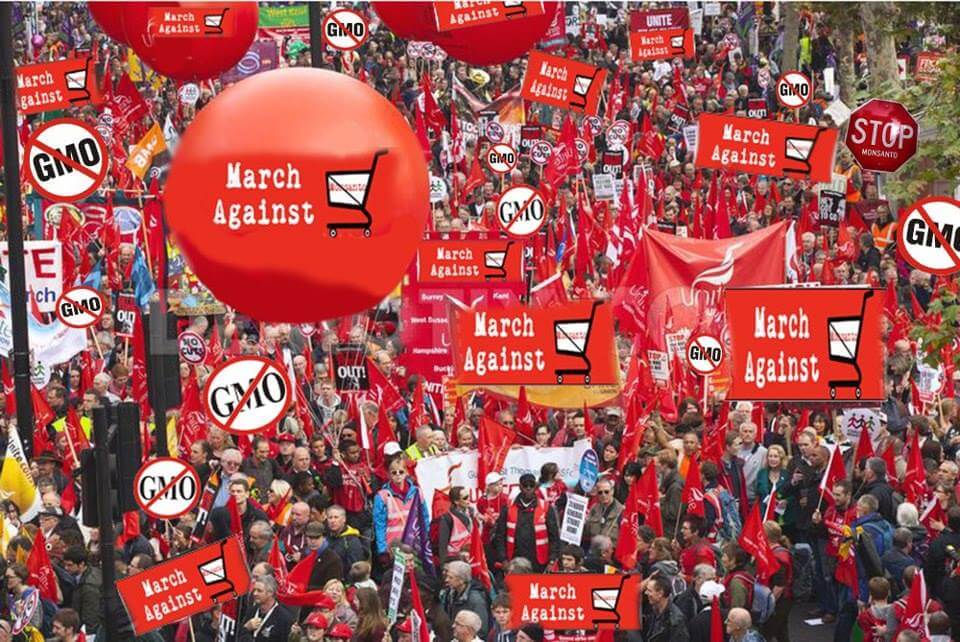By Worms Argentina
The GMO model is gradually declining, or at least, we are witnessing the firsts signs of its declination. This was certified by a report of an NGO called the “International Service for the Acquisition of Agri-biotech Applications”(ISAAA), despite the fact that this organization is in favor of biotechnology.
Since GM crops began to be commercialized —20 years ago— they had had a sustainable growth, except in 2015 when —according ISAA— it fell by 1%. This figure may not seem substantial: However, considering that in the recent years this type of crop reached 2,000 thousand hectares in the world, it is. It seems that the golden age of these biotech packages is over and it also seems that the resistance of millions of people have finally taken effect.
Reasons of the decline
According to ISAAA, this “marginal” reduction is temporary and can be explained by the collapse of certain agricultural commodities such as corn (-4%) or cotton (-5%). Also, it stated that this decline “is likely to reversed when prices are controlled and back in its usual levels”.
In the United States, leader country with 39% of the total production, the surfaces of GMO crops fell by 2.2 million hectares, while in Canada, the fifth largest producer, it also fell by 0.6 million hectares, says the report. The strongest decline was in the South African territory, in this case by 23%, due to a severe drought. In the province of Santa Fe (Argentina) one million hectares of soybeans were lost due to recent floods. Although no one expects water to be a threat but an essential resource, in this case, Mother Earth made herself heard.
On the other hand the only country that has completely turn into agricultural biotechnology since 2000, Burkina Faso in West Africa, has fully resigned the production of transgenic cotton, due to its unprofitability. One of the reasons that large transnational companies like Monsanto are cancelling their investments in undeveloped countries is the “cost of regulations”, which remains a great obstacle to its adoption, remarked the report.
Even though the document doesn’t mention it, there is much resistance from the common people to these kind of practices, such as in Córdoba (Argentina). There, for more than two years protesters held a blockade on Monsanto’s main production plant to reject the habilitation of that industry. Despite the resistance, only in five developing countries (Brazil, Argentina, India, China and South Africa) almost half (48%) of the world’s GMO production is grown.
In Córdoba, protesters against Monsanto were repressed in several occasions
Seed Registration: Monsanto’s Lost Battle
You might not have heard this in the news, but transnational company Monsanto can’t no longer register seeds in Argentina, as it intended, because seeds were not invented by them, but were created by Mother Nature. An unpublished decision of the National Chamber of Appeals in Civil and Federal Commerce, dated on November 26, 2015, puts an end on Monsanto’s intention to charge an extra fee for their GMO “development”.
“The DNA molecule and the modified cells are not [Monsanto’s] invention because they are alive and pre-existing matter in nature [..]”.
“That genetic material has the ability to generate a complete plant and countries have the right to declare their plants as ‘non registrable’” said the document signed by judges Guillermo Alberto Antelo and Ricardo Gustavo Recondo.
“The fact that all material can be registered by the mere fact of having changed it, should be questioned: as it is undisputed that the author of a literary work does not become owner of the language he or she uses just because he or she registered the workpiece”, they argued. Although the final decision depends on the Supreme Court, this is certainly a hard blow against biotech companies seeking to register seeds as if they were its own invention.
Monsanto earns money every time it sells a seed. But, by trying to register seed, it also seeks to collect money over each produced grain and each time it’s used as a seed as long as the registration lasts: this is completely forbidden by law in Argentina.
Therefore, the transnational company required to declare the Article 6 of the Registration Law (Decree 260/96) as “unconstitutional”. This Article states “Living matter and substances pre-existing in nature’ are not considered inventions”. Fortunately, the court rejected the request of the company and confirmed the validity of the current regulations.
“Out with Monsanto!”
Why is “transgenic food” produce?
According to its advocates, this technology aims to increase crop yields, to help solve hunger in the world and to improve profitability. However, studies show that transgenics do not yield more than natural crops and they are usually not used as food but are exported to other countries to fatten up livestock or to produce biofuels. They also introduce toxic chemicals to the environment and new risks for men and women. These kind of companies are trying to obtain their incomes from registering GMOs to, therefore, have a complete control over the global food processing system and to finally master the fundamental input: the seed.
In Argentina, most of the agricultural land depends on GMO and agro-chemicals. However, several self-convened assemblies have emerged across the country to raise awareness and to resist this productive model.


